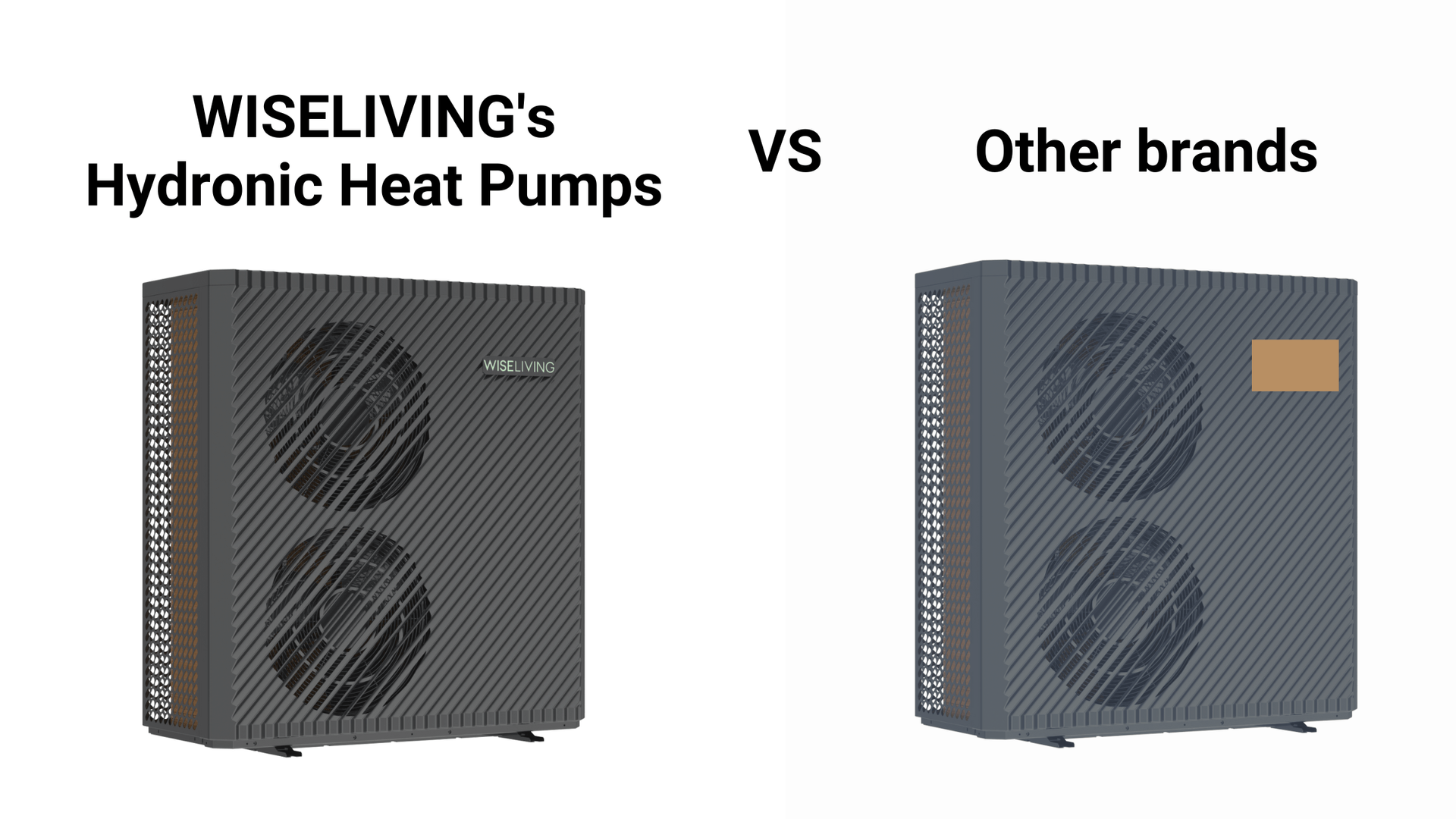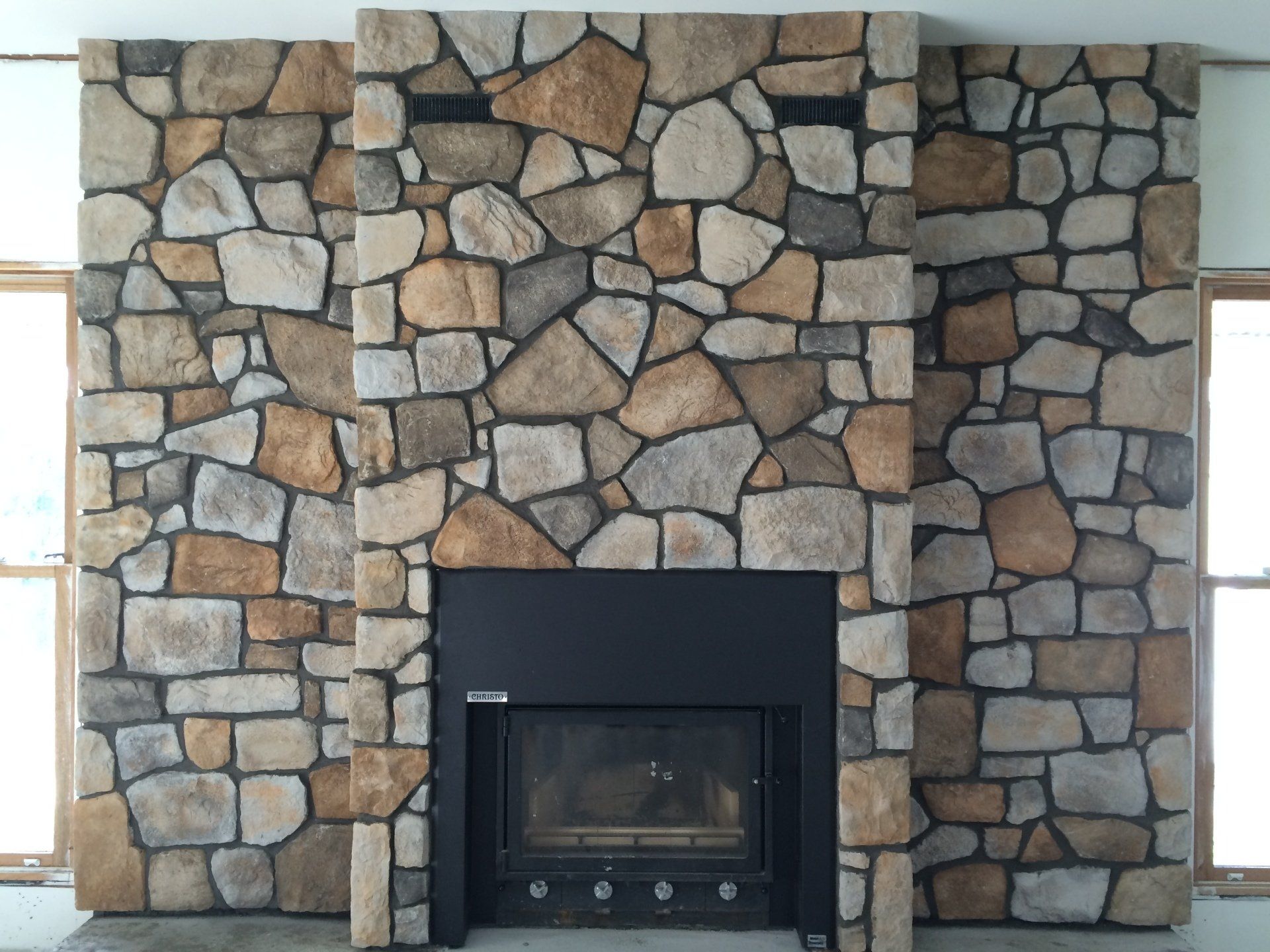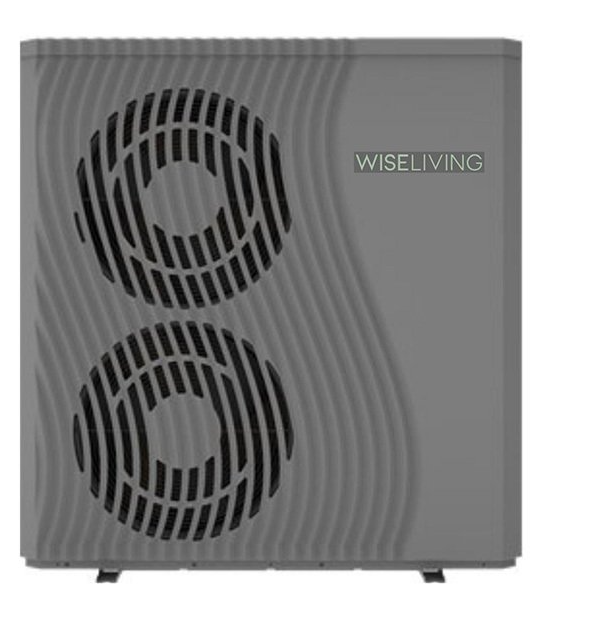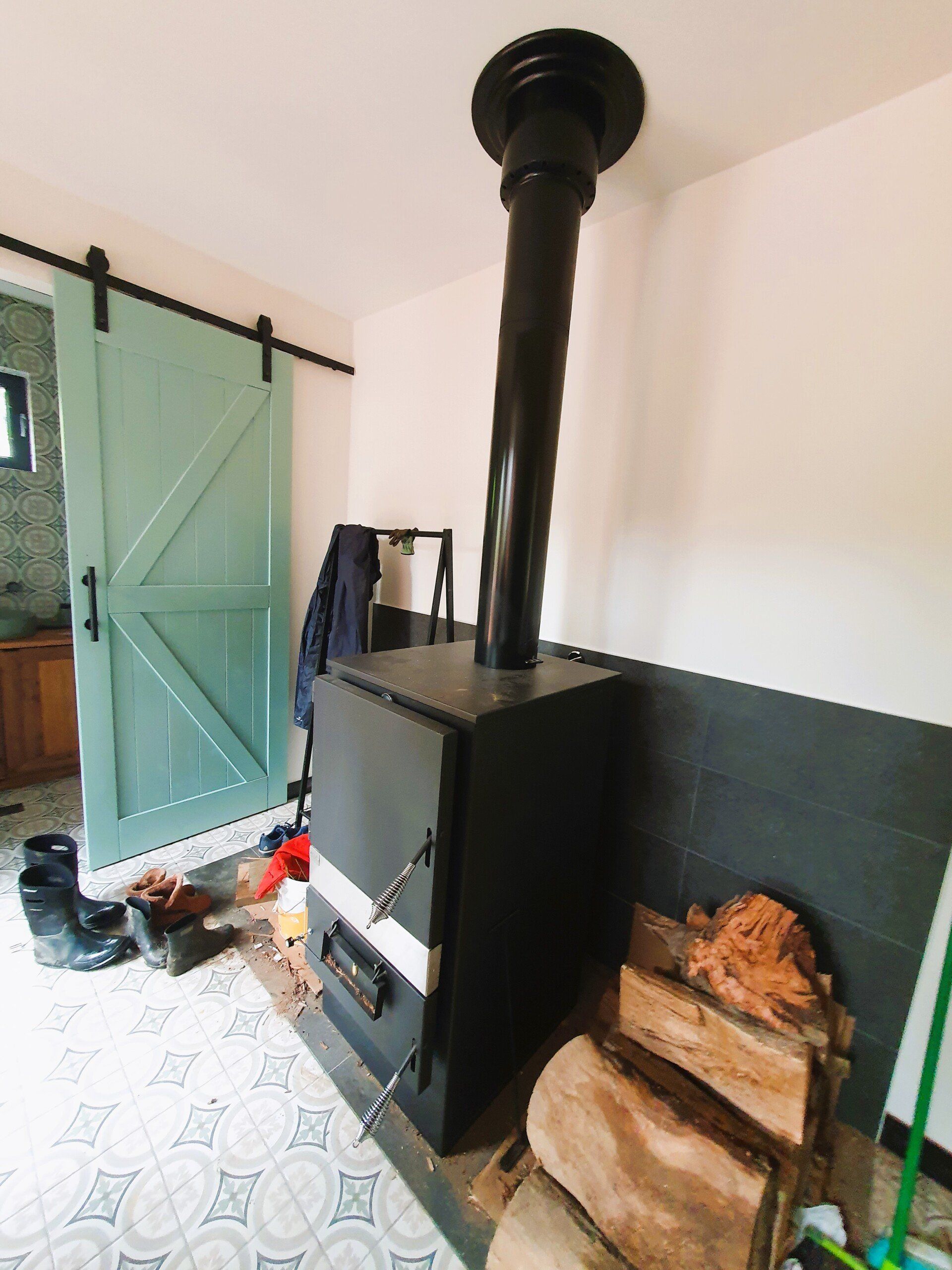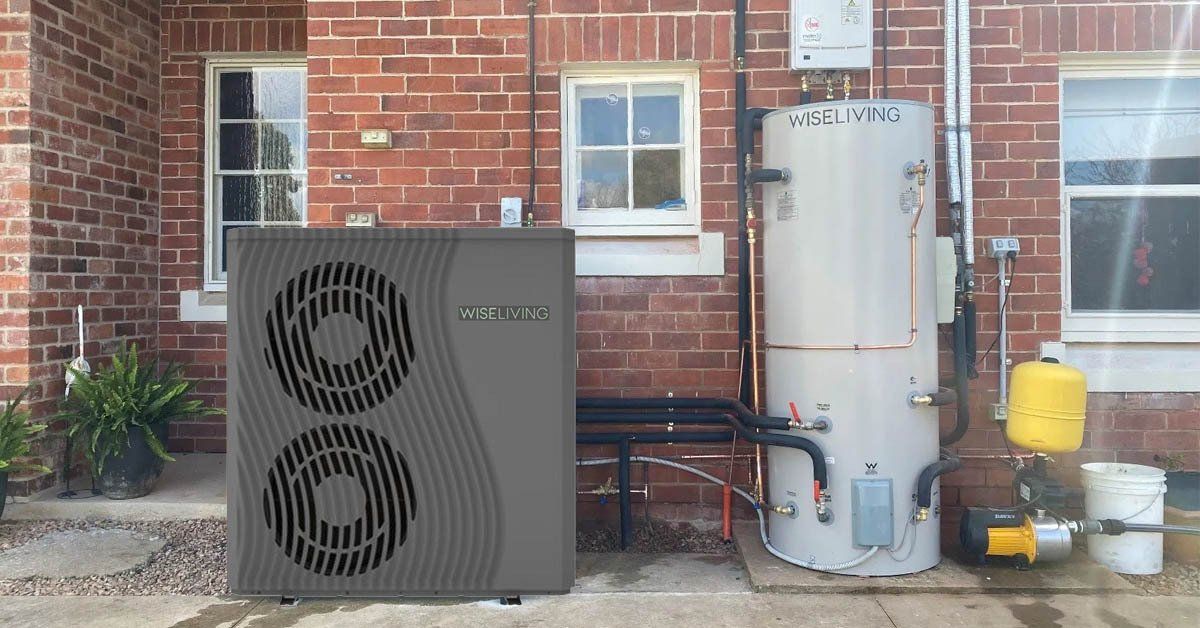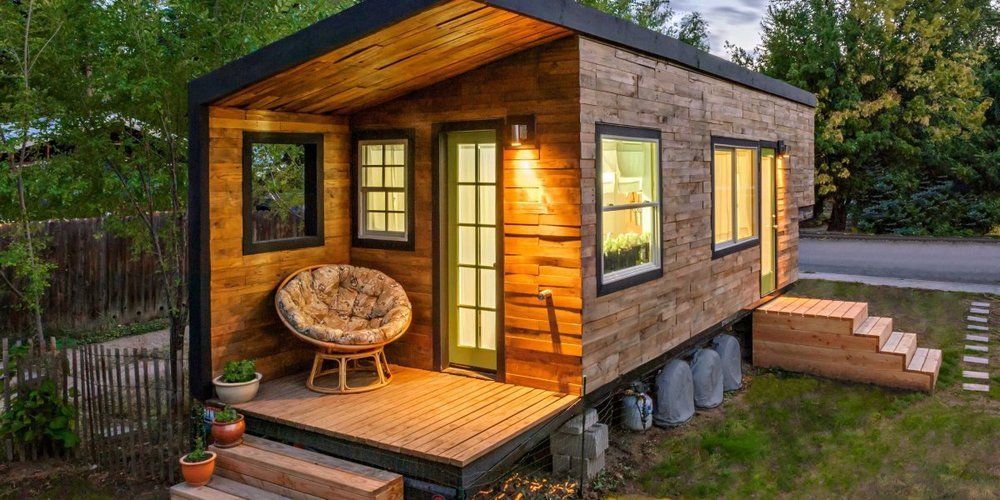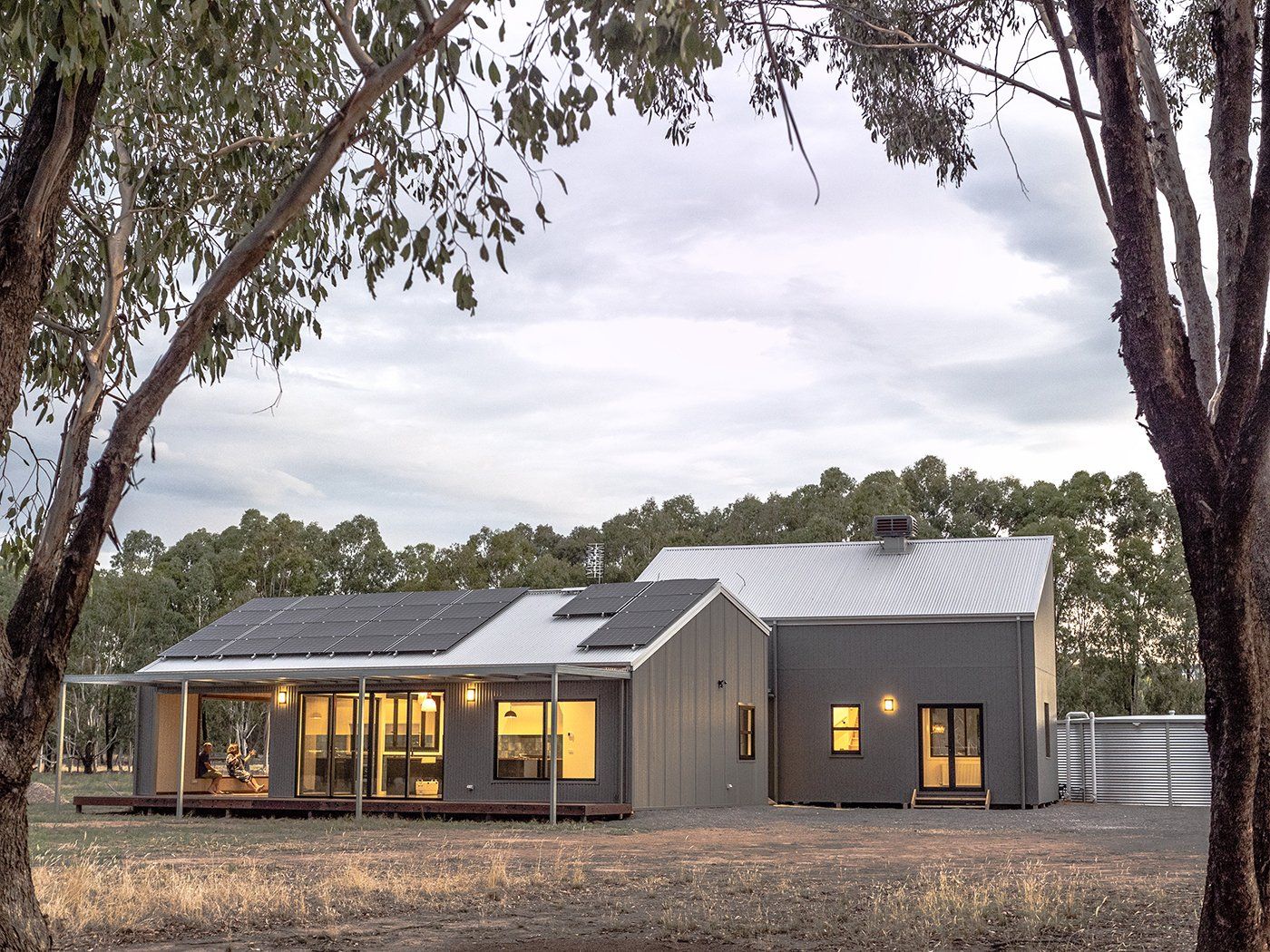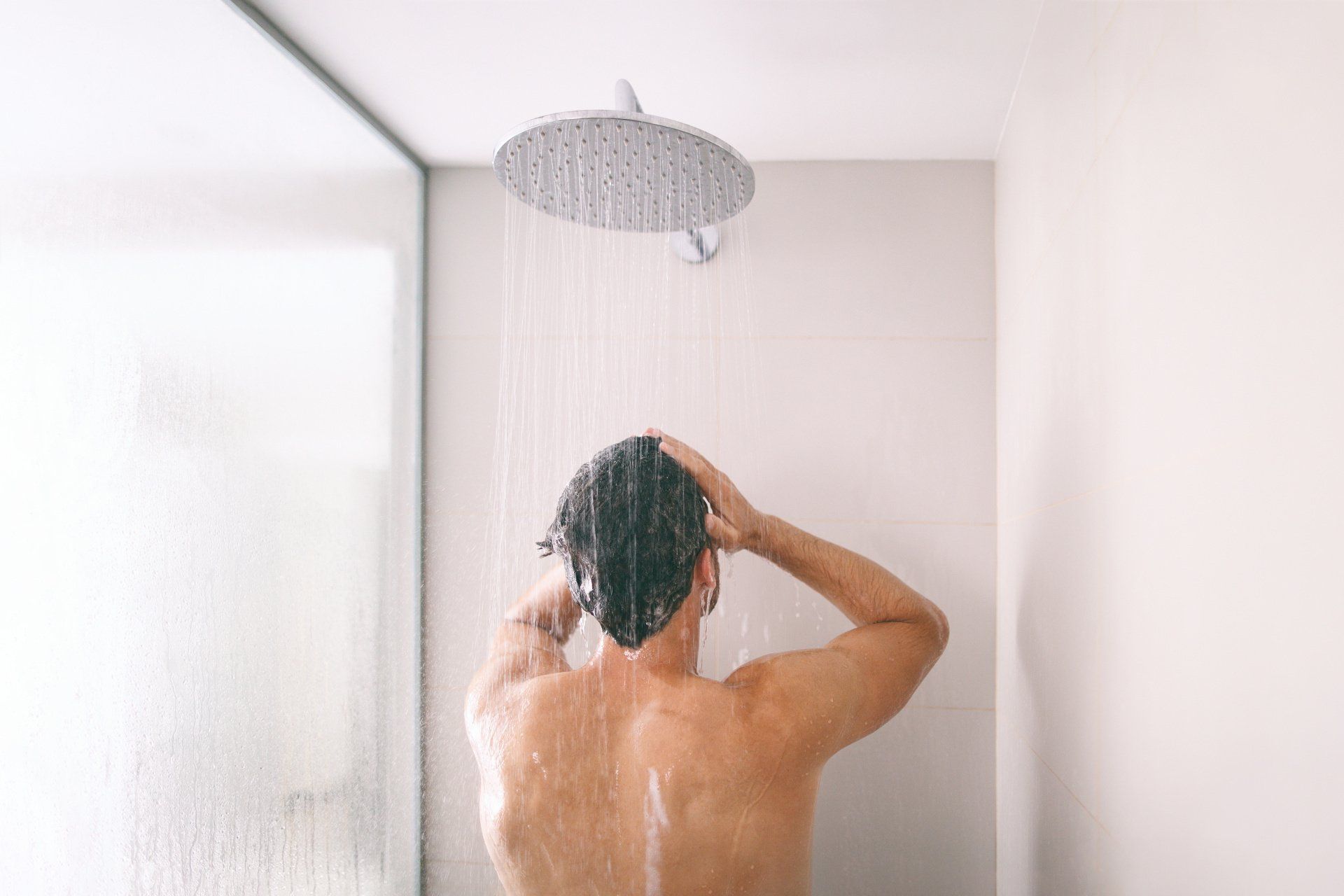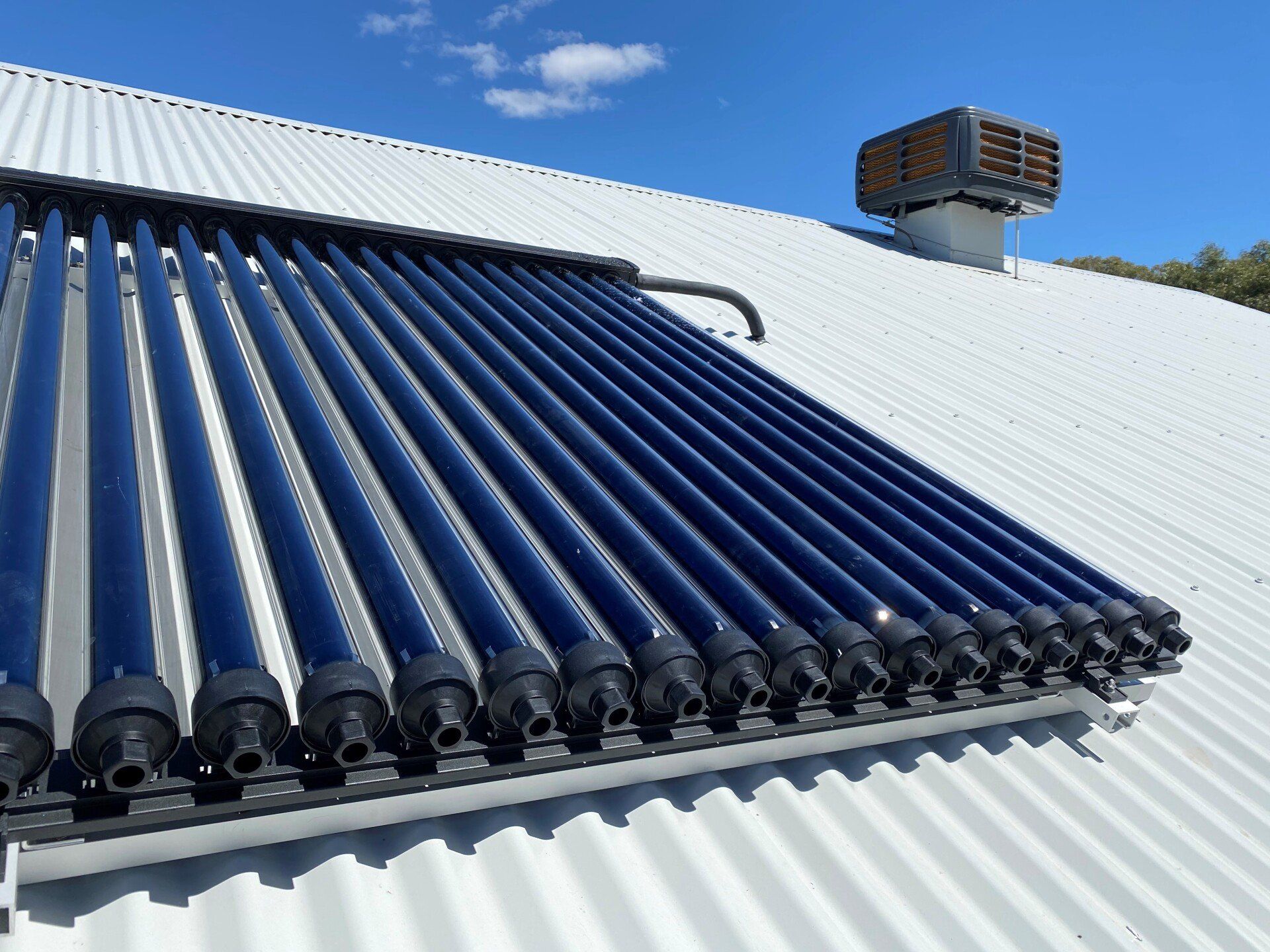When is the Best Time to Invest in a Hydronic Heat Pump?
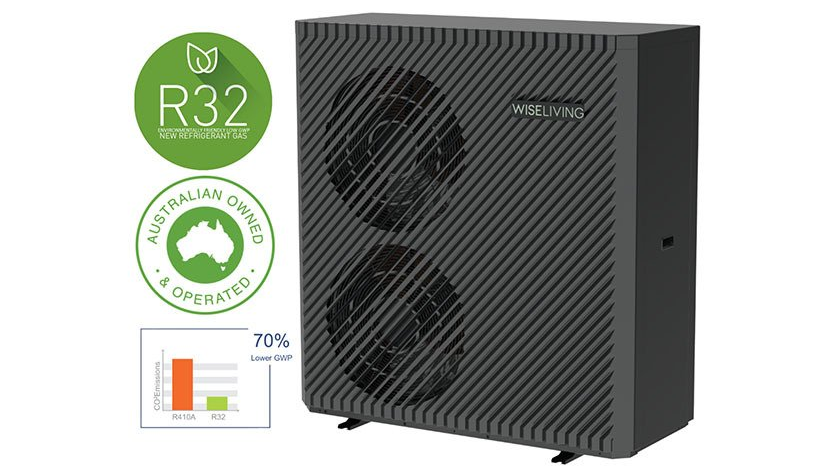
The ideal answer to the question “When is the best time to get a hydronic heat pump?” is, of course, now. After all, getting one now allows you to immediately enjoy the various benefits that come with owning and using this sustainable home-heating solution.
Realistically speaking, though, there are probably various factors that can hinder individuals from buying and installing a hydronic heat pump for their homes at this very moment. Fortunately, if you’re still thinking about when you should get this appliance, this article can provide you with a clear idea regarding the ideal time to invest in a hydronic heat pump.
Basically, a hydronic heat pump works by using heat or energy from the outdoor ambient air to heat water. The radiant heat is then dispersed through various areas of a home as the warm water travels through a system of underfloor tubing, pipes, or radiators that are connected to the heat pump.
Since heat pumps are designed to provide heat, they are heavily used during the winter seasons. As a result, many people tend to consider getting a hydronic heat pump once the cold season rolls in. Unfortunately, if you’re planning on purchasing a heat pump during winter, expect to encounter certain issues. After all, many heater installers are quite busy during this period, which means the installation of your unit might get delayed.
Most people also tend to purchase heating systems during the months leading up to winter. In Australia, this period falls within the autumn season between the months of March to May. Although this is still a relatively good time to get a hydronic pump, you might still encounter installation delays or product availability issues since you are not the only one preparing for winter by getting a heating unit.
Generally, the best time to get a hydronic heat pump is during the off-peak seasons of summer or spring, which fall in the months of December to February and September to November. These periods are ideal since the demand for heating units and related services are not as high compared to other seasons. Also, you might even be able to enjoy off-peak discounts if you purchase a heating unit during these months.
Keep in mind that this article only aims to provide you with a general timeframe regarding the most practical time to get a hydronic heat pump. But, as mentioned earlier, the best time to invest in this heating system is now. The sooner you get one, the sooner you’ll be able to take advantage of its various benefits, such as long-term savings on your monthly energy bills and cleaner indoor air quality.
